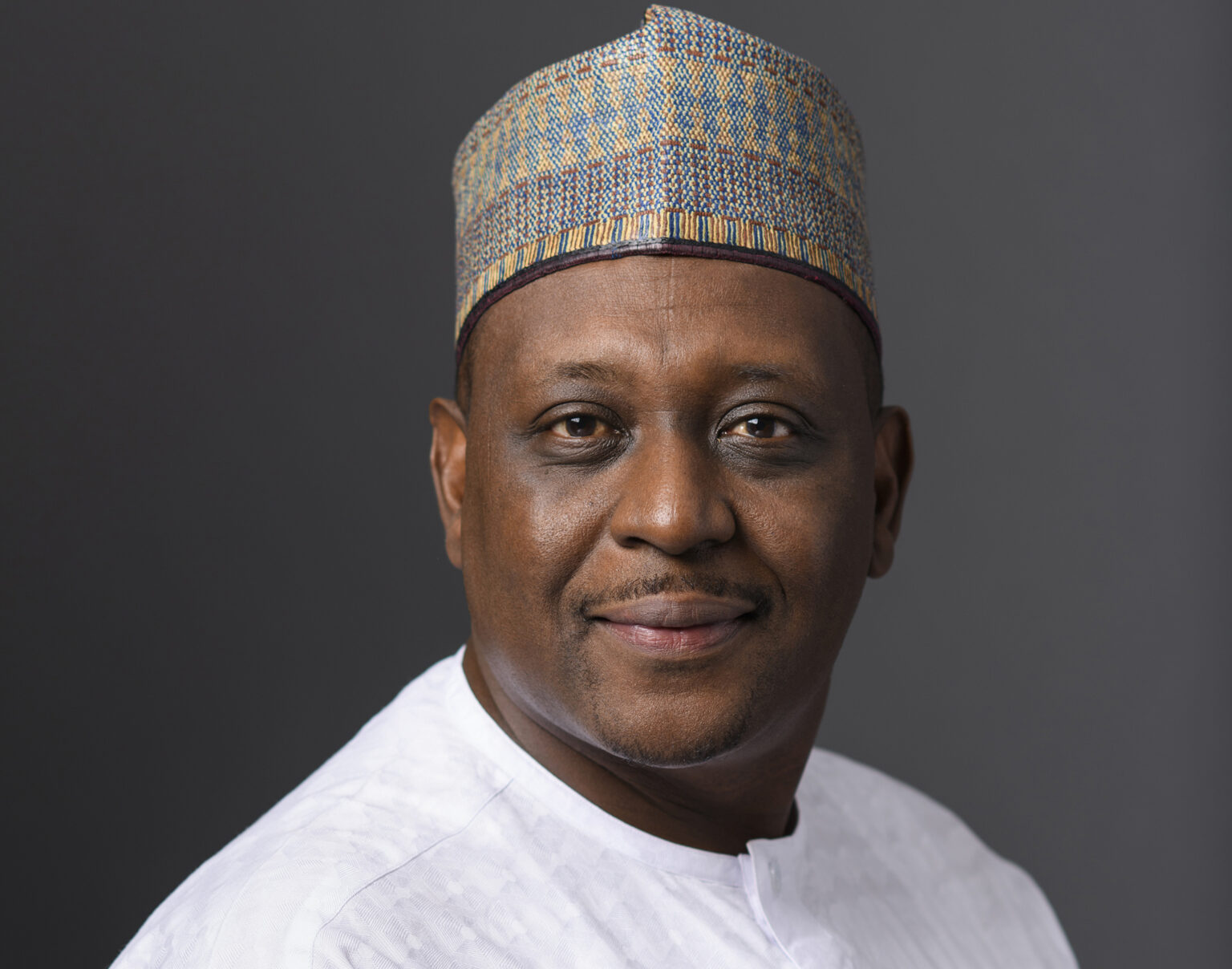Health
FG to advance HIV Response — Pate

The Coordinating Minister of Health and Social Welfare, Prof. Muhammed Pate, has highlighted Federal Government’s commitment to advancing HIV Response in the country.
He focused on the response at a performance review meeting hosted by the U.S. Centre for Disease Control (CDC) in Abuja on Wednesday.
The News Agency of Nigeria (NAN) reports that the third Biannual Performance Review and Stakeholder Engagement meeting is aimed at sharing experiences, successes and lessons with funders and other CDC/PEPFAR implementing partners in Nigeria.
Represented by Dr Anyaike Chukwuma, the Director of Public Health, Federal Ministry of Health (FMoH), Pate emphasised the progress made in combating HIV and acknowledged the crucial support provided by the U.S. CDC and the U.S. Government as a whole.
He outlined the achievements, challenges and plans in the fight against HIV, underscoring the importance of sustainable financing, improved governance and enhanced healthcare outcomes.
He said that “over the past three decades, Nigeria has made significant strides in advancing its position in the global response to HIV.
“The country has achieved remarkable success in expanding the delivery of HIV testing, treatment and care services, with an impressive accomplishment of meeting the UNAIDS 95.95.95 cascade targets by the end of 2022.
“While celebrating these achievements, we emphasised the need to address gaps in the Prevention of Mother to Child Transmission of HIV (PMTCT) and ART coverage among pediatric population.”
He added that government’s four-point agenda and its collaborative efforts with stakeholders was to ensure a resilient and sustainable healthcare system in the country.
He explained that the Ministry of Health and development partners prioritised interventions such as the Basic Healthcare Provision Fund (BHCPF) and the National Health Insurance Act to ensure sustainable health financing.
He said the rebranding of the National Health Insurance Scheme (NHIS) to the National Health Insurance Authority (NHIA) was to strengthen the healthcare system.
Pate added that “the National HIV/AIDS, Viral Hepatitis and STIs Control Programme (NASCP) has been restructured to align with new horizons and effectively lead the HIV Response.
“The U.S. CDC grant, known as the Nigeria HIV Sustainability and Impact Project (NSHIP), is being implemented by NASCP to strengthen programme management and service delivery.
“This includes integrating HIV services into national and state health insurance schemes and implementing the National Clinical Mentorship Programme (NCMP) for quality HIV care.”
The U.S. Chargé d’Affaires, Mr David Greene, said the country’s efforts had grown as inched closer to reaching the UNAIDS 95-95-95 goals.
Greene said that the operation of key population-led One Stop Shops that provided safe space for comprehensive care empowered communities and saved lives.
He added that “the innovation hubs for adolescents and youth populations are building a generation of strong and talented leaders.
“In April, I visited the hub in Lagos and was impressed by the spirit and skills of the students and staff there.
“The evolution and expansion of offerings at the hubs to include new training in areas like virtual reality that will prepare youths to meet the demands of the ever-changing digital world is one of the many reasons I and the U.S. Government are proud to continue to partner with you all.”
He said that the introduction and implementation of an integrated health service delivery platform was a novel idea with huge potential.
“Building connections across diseases, responses and routine health activities like immunisation can strengthen the healthcare and public health systems and ensure efficient use of available resources.”
Dr Gambo Aliyu, the Director-General, National Agency for the Control of AIDS (NACA), said that the U.S. President’s Emergency Plan For AIDS Relief (PEPFAR) made a significant impact by reaching both urban and rural areas, addressing the HIV/AIDS epidemic on a broad scale.
Aliyu added that “indeed it has been a vital initiative in the global fight against HIV/AIDS. Looking forward, planning for the future of HIV programmes beyond the next seven years will be essential to ensure continued progress in combating the epidemic.
“The comprehensive approach in implementing these programmes has been critical in providing care, treatment and prevention strategies to diverse communities.”
The NACA boss gave an insight into the transition from addressing HIV as an emergency to managing it as an endemic global situation in the country.
He said that “the shift toward active involvement of state governments in leading their respective responses and owning the HIV programmes is crucial for sustainability and coordination.
“It is clear that collaboration and alignment among stakeholders, including governments at all levels, are vital to achieving HIV epidemic control and maintaining it beyond 2030 in the country.”
He emphasised the need for collective responsibility, engagements and discussions, saying “it is encouraging to see efforts toward sustainability and service integration.
“Working together is essential to ensure the success of these programmes.”




 Davido's Net Worth & Lifestyle
Davido's Net Worth & Lifestyle 
